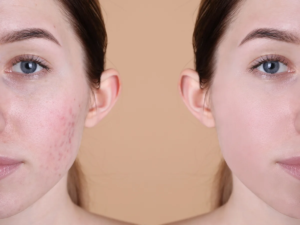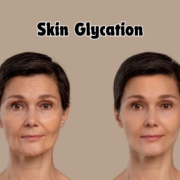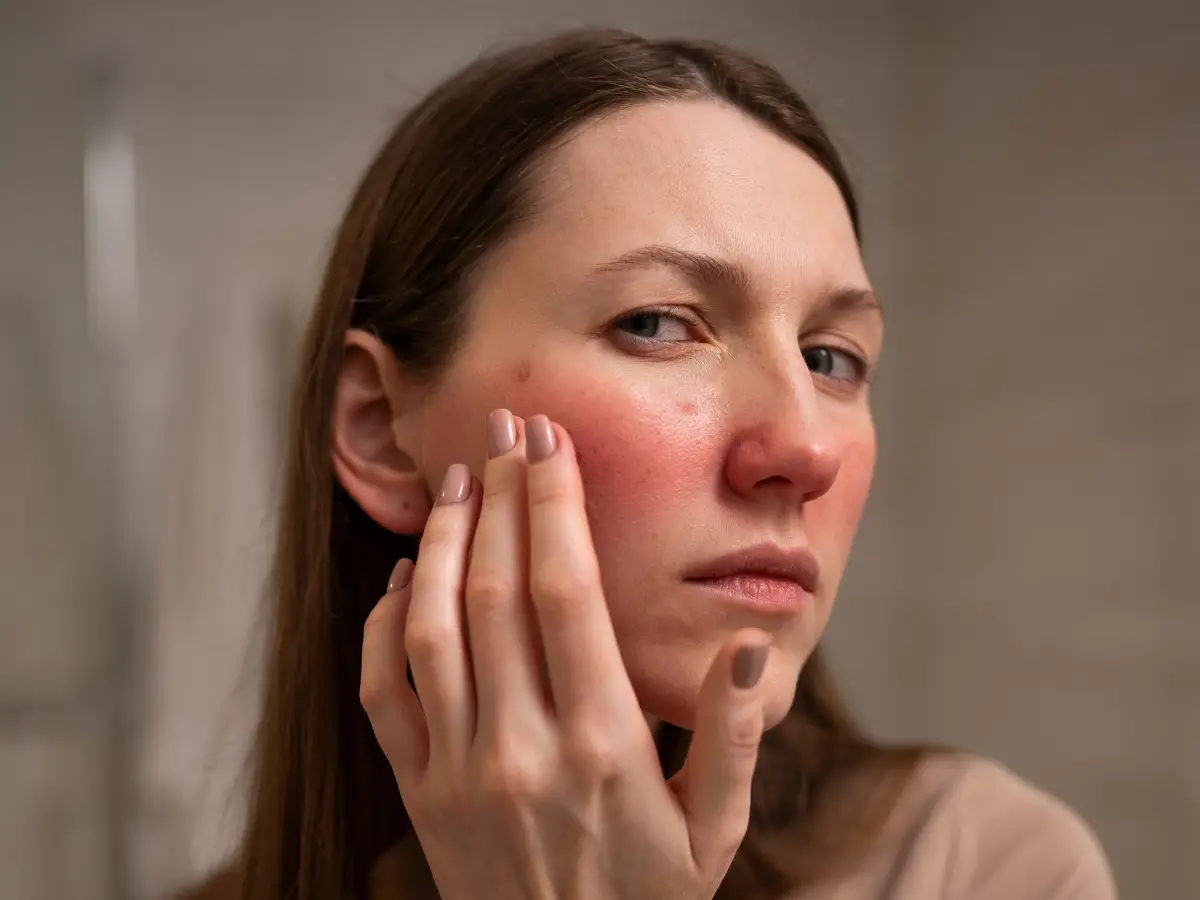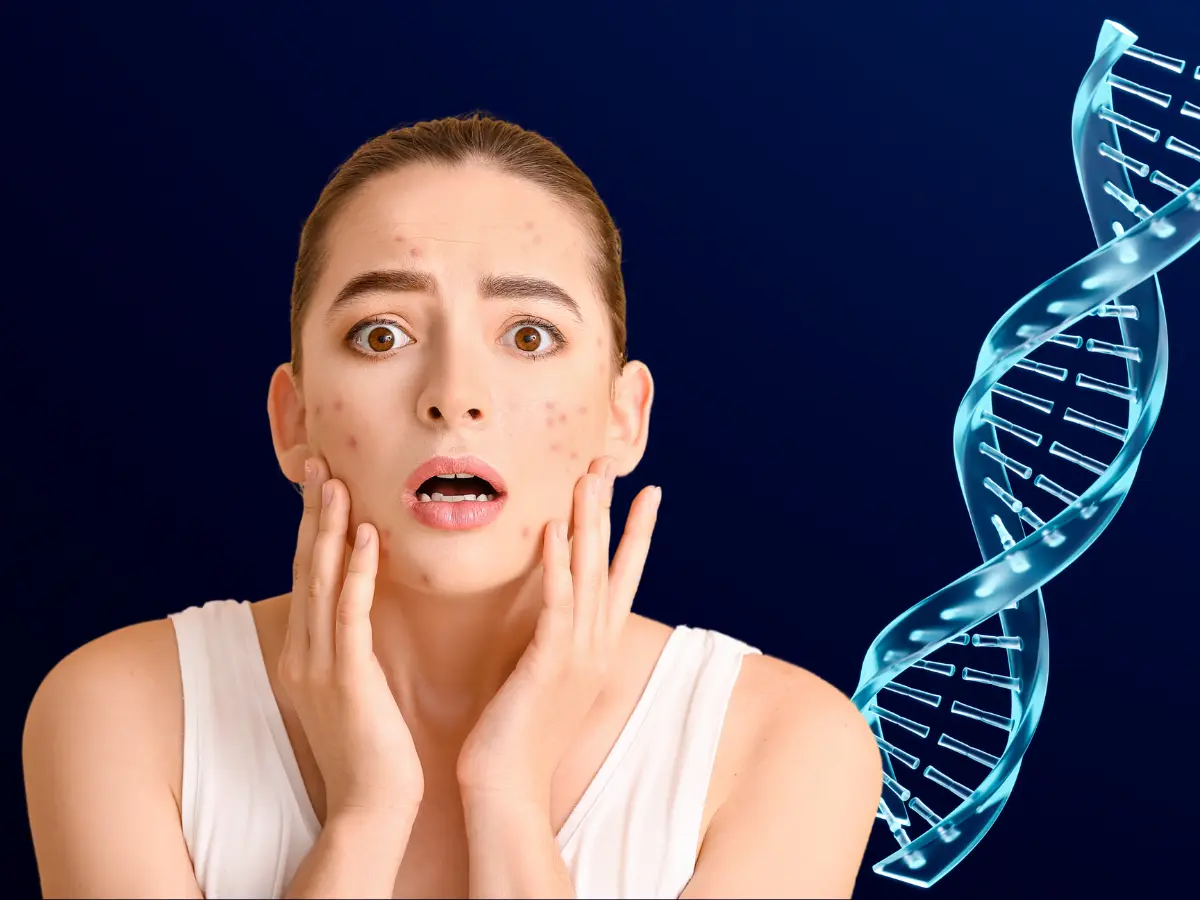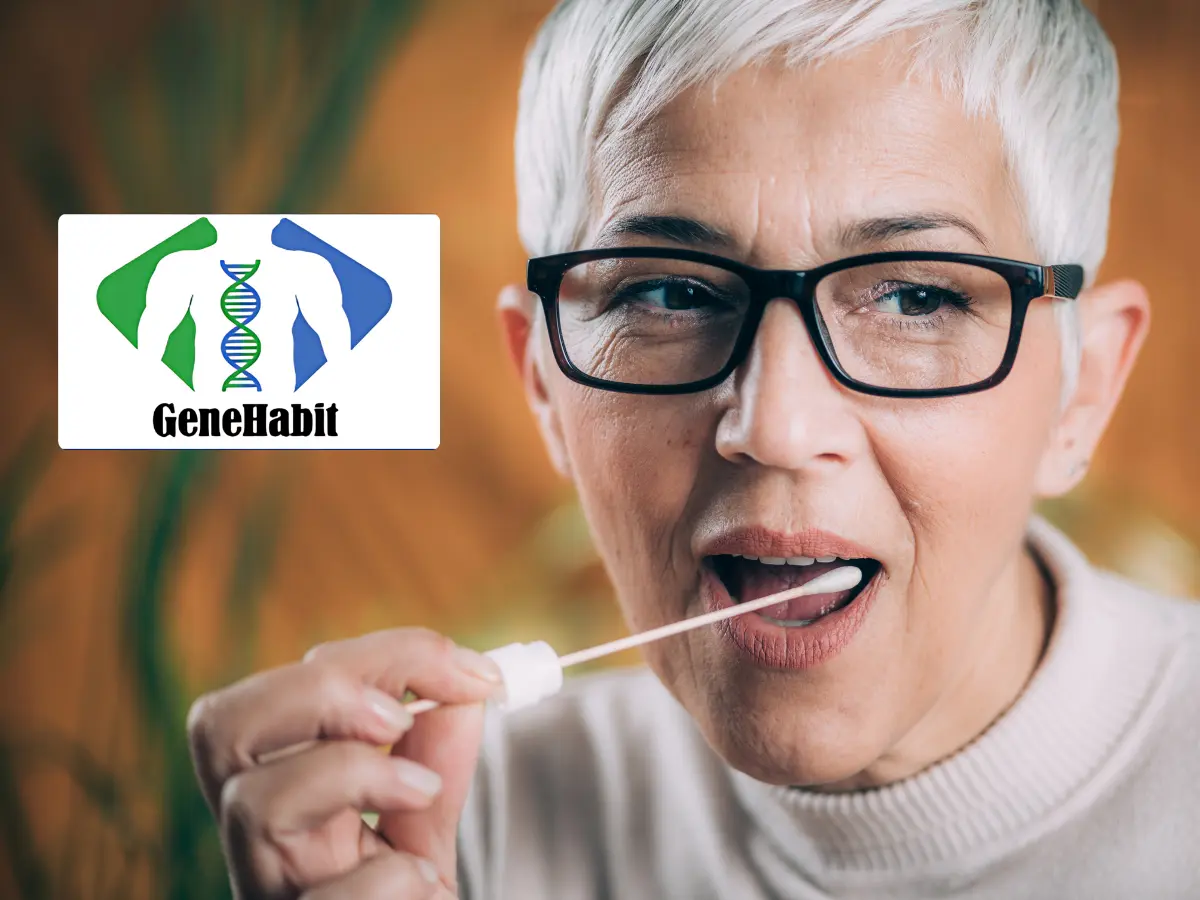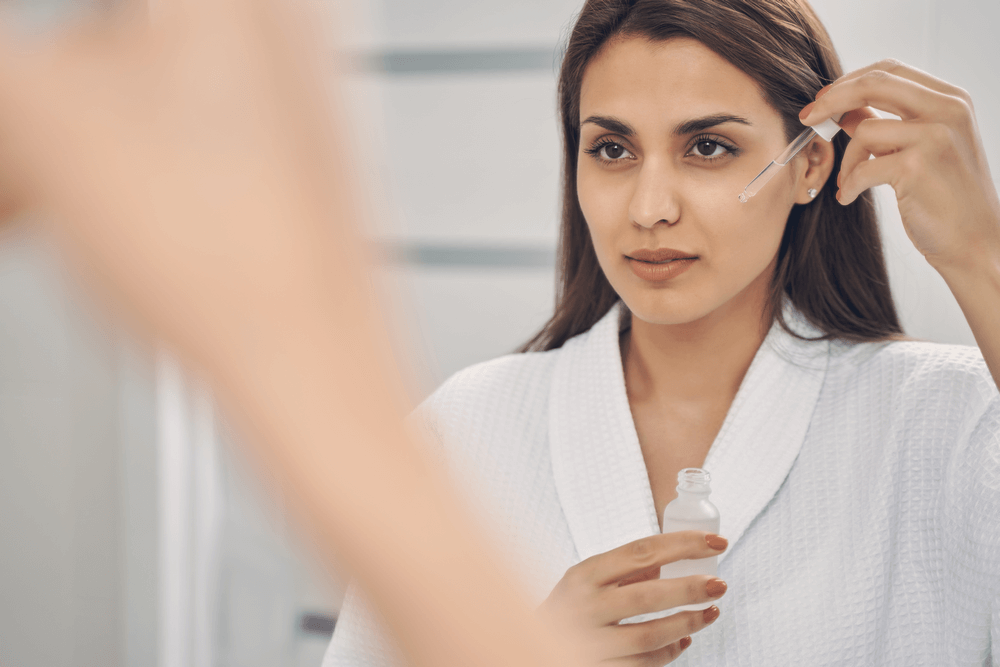Accuracy of Skincare DNA Testing: A Complete Guide
One day, you are standing in front of a shelf full of skincare products that promise flawless skin. Then how do you determine which one is just right for you? Maybe it’s not on the label but in your DNA. Skincare DNA test is a new-age technology that decodes what your skin really needs through breakthroughs in science.
Just imagine having a guide that matches your precise genetic profile with your routine skincare, whether it’s dealing with sensitivity or merely increasing hydration. A DNA test skincare kit guarantees to simplify the journey to healthy, radiant skin. Ready to explore how? Let’s get into it!
What is Skincare DNA Testing?
Ever wonder why some products work great for your friend but not for you? The answer might have to do with your DNA. A skincare DNA test kit removes all the guesswork out of choosing the right products by analyzing your genetic makeup to understand what your skin needs uniquely. It’s a modern method using science to help people achieve healthy, glowing skin.
The tests identify specific genetic risks related to your skin by providing information on collagen production, sensitivity, hydration levels, and even the rate of aging of your skin. It is almost like giving your beauty routine a customized blueprint tailored to your DNA.
How Does a Skincare DNA Test Kit Work?
Surprisingly, testing your DNA for a skincare kit is quite easy. Here’s the process:
- Collect Your Sample: Kits usually require either a cheek swab or saliva sampling.
- Send for Analysis: After you collect the sample, you send it to be analyzed at the lab.
- Receive Results: You will get a complete, detailed report that outlines the unique traits of your skin and personalized recommendations.
The best part? You can do all this from the comfort of your home. Advanced testing services, such as Gene Habit’s Skincare DNA Test Kit, make the process smooth and accurate.
The Key Benefits of Skincare DNA Testing
When it comes to creating a skincare routine that truly works, one size does not fit all. A DNA skin test provides insights into your unique genetic needs, making your skincare choices smarter and more effective.
- Personalized Skincare Recommendations: A DNA test analyzes your genes to suggest products tailored to your skin’s needs. This eliminates guesswork and ensures every product works effectively.
- Preventive Care for Skin Health: It identifies risks such as collagen breakage or sensitivity to the sun and allows you to prepare ahead for future skin issues.
- Saves Time and Money: You no longer need to waste your money on things that don’t work. DNA testing guides you toward the right products for your skin, allowing you to have streamlined skincare routines.
- Treatments Targeting Specific Concerns: Whether it is pigmentation or sensitivity, DNA tests pinpoint your specific needs so you can select solutions tailored to your skin.
- Increased Confidence in Your Routine: Understanding that your routine is formulated to your DNA provides you with confidence and peace of mind in the choices you are making for your skin.
With a DNA test kit for skincare, no longer will it be a process of trial and error; instead, it’s precision and personalization to have healthy, radiant skin.
Understanding Genetic Factors That Affect Your Skin
Your genes have a significant influence on your skin, determining its texture and response to the environment. A DNA test can disclose such genetic features to you and allow you to adapt your skincare regime accordingly.
- Collagen Degradation: DNA tests show the rate at which your body breaks down collagen, a component that is associated with the elasticity of the skin. The quicker the loss of collagen, the sooner your skin will age, and thus the sooner you should start using peptides or retinoids.
- Sun Sensitivity: Your DNA profile shows your skin’s level of sensitivity to UV damage. With this, you can stress sun protection- high SPF sunblock or protective clothing to stop premature aging.
- Pigmentation and Dark Spots: The test tells you if you’re genetically prone to pigmentation or uneven tone issues. This is when you should add brightening ingredients like Vitamin C or Niacinamide to your skincare routine.
This will enable you to address specific concerns and maintain healthy, glowing skin in the long run by understanding the genetic factors that affect your skin.
Common Misconceptions About DNA Skincare Tests
Despite their growing popularity, there are a few myths surrounding beauty DNA tests:
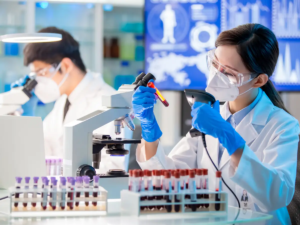
- “They’re Only for Anti-Aging”: These tests aren’t just for aging skin; they can benefit anyone looking to improve their skincare routine.
- “Results Aren’t Reliable”: Reputable brands like GeneHabit use advanced technology to ensure accuracy.
- “They Replace Dermatologists”: DNA tests complement, not replace, professional advice.
Understanding the facts can help you feel more confident about exploring this innovative approach.
Personalized Recommendations: How Accurate Are They?
The accuracy of Genetic testing for skin health relies on the technology used to analyze your genes. Tests like SkinLife rely on scientifically proven genetic markers, ensuring reliable results. These tests provide tailored skincare product recommendations based on the unique genetic profile of your skin.
They also offer lifestyle advice, such as sun protection or hydration, to help the skin. Thus, with all this knowledge, you can make informed decisions about a skincare routine that suits your skin’s exact needs.
Conclusion: Is a Skincare DNA Test Right for You?
When you are tired of being in trial-and-error mode with skincare products, it could be that time when you need a Skin DNA test kit. This is a smart way of understanding your skin and conquering the makeup game with great confidence.
Whether it is about dryness, sensitivity, or early aging, a DNA test can tell you exactly how to treat such problems. Reliable and easy to use, products such as the Skincare DNA Test Kit from GeneHabit will help get you started.
Your skin deserves the best care, and that begins with knowing it inside out. Ready to unlock the secrets of your skin? A skincare DNA test could be your next best investment.



